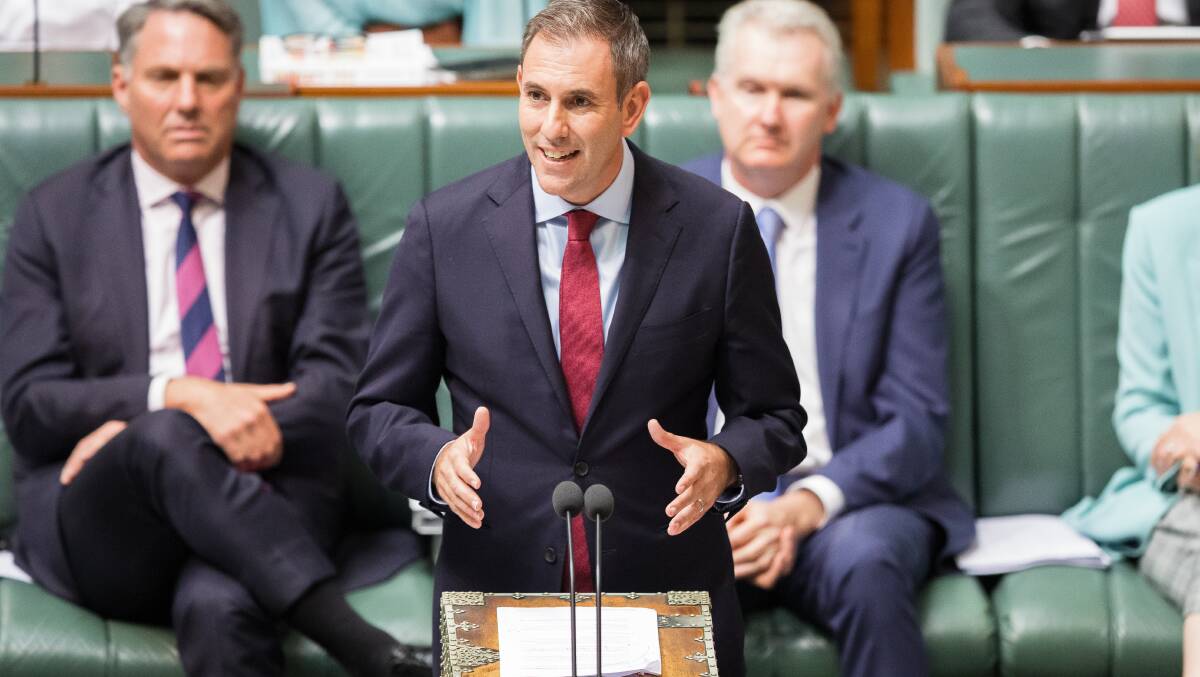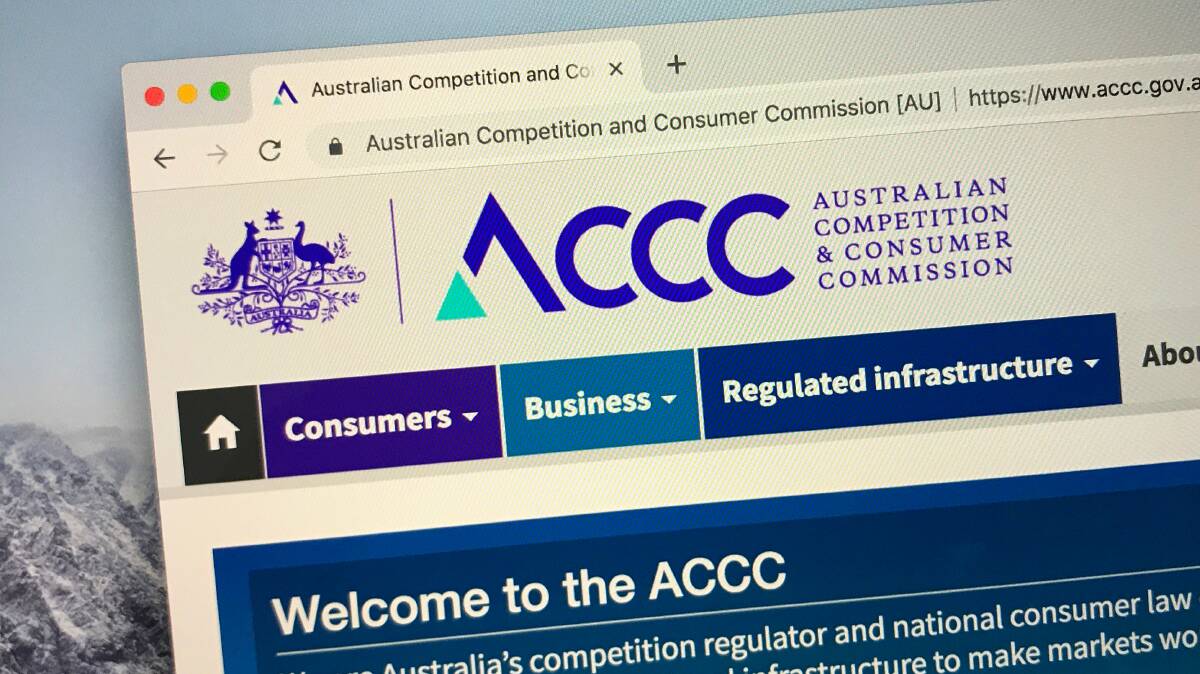
Laws and processes intended to protect consumers from anti-competitive company mergers are inadequate and outdated and need to be overhauled, according to the competition watchdog.
Subscribe now for unlimited access.
$0/
(min cost $0)
or signup to continue reading
Australian Competition and Consumer Commission chair Gina Cass-Gottlieb told the National Press Club that industry concentration and declining competition was a mounting problem, leaving consumers increasingly vulnerable to price hikes, narrower choice and less innovation.
The ACCC head said the problem was particularly acute in the digital realm.
"A handful of large tech companies are playing increasingly important roles in our lives, as gatekeepers over how we interact with each other and businesses," Ms Cass-Gottlieb said.
"And yet, in many cases, these companies face only limited competitive constraint."
The former competition lawyer said the nation's merger regime was "no long fit for purpose. Changes ... are needed".
Under current rules, companies are not required to inform the ACCC of a proposed merger or acquisition and can complete it without waiting to get clearance from the regulator. Furthermore, in instances where such a move is deemed to be anti-competitive, the only option open to the ACCC if it is not voluntarily abandoned is to launch legal action.
Ms Cass-Gottlieb said businesses were increasingly "pushing the boundaries" of this informal regime, providing information that was late, incomplete or incorrect and pushing ahead with a merger before the ACCC's review was complete.
Recent deals include BHP's merger with Woodside, Transurban's $8 billion acquisition of WestConnex and and the $31 billion sale of Sydney Airport to the Sydney Aviation Alliance consortium.
READ MORE:
Ms Cass-Gottlieb said that not only were businesses challenging the informal regime but the law meant the ACCC had to prove that a merger would substantially reduce future competition. She said the future was inherently uncertain and where there was doubt the default position was to okay merger proposals.
"The balance [has] shifted too much toward avoiding the risk of opposing a benign merger, at the expense of increasing the risk of enabling anti-competitive mergers," she said, adding that it was the public than ends up wearing the cost.
The competition regulator said Australia should adopt measures in common use overseas, including mandatory notification of proposed mergers above a certain threshold, banning completion without regulator clearance and setting upfront information requirements.
Under the proposed regime, mergers would only be approved where the ACCC is satisfied they would not diminish competition or they satisfy a public benefit test.

A spokesperson for Treasurer Jim Chalmers said it was important that Australia's merger regime supported competitive markets and productive economic growth.
"The government recognises there are a range of perspectives on our current merger regime and will carefully consider the proposals put forward by the ACCC," the spokesperson said.
Ms Cass-Gottlieb said the ACCC was mindful of the changes underway as the country transitioned to greener energy sources. She said there were likely to be instances where it will be more efficient and effective for companies to collaborate to achieve environmental outcomes and these could be authorised by the regulator under existing rules.
The watchdog is also overseeing the implementation of government measures to constrain energy bill increases, including a price cap and a mandatory code of conduct for gas producers.
The ACCC head said the regulator was consulting with industry on the code of conduct and was advising government departments involved in developing a pricing framework.


